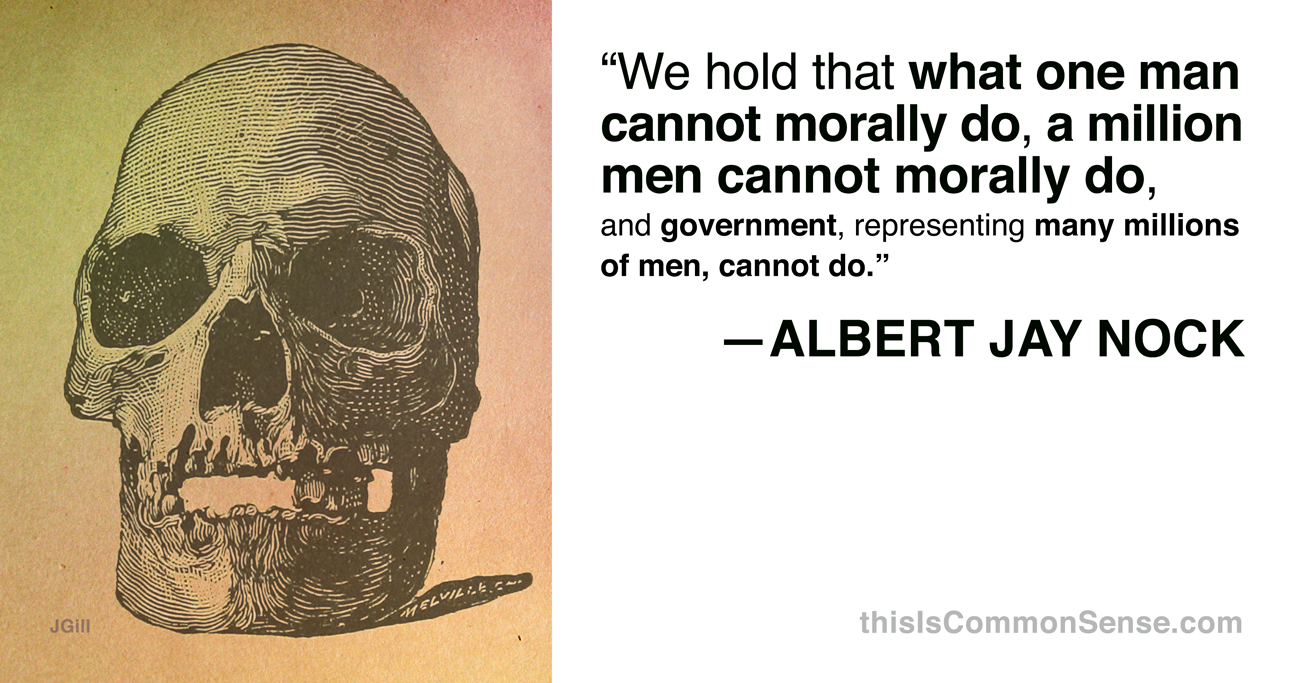“[I]f someone puts a gun to your head,” argues David Boaz of the Cato Institute, “and says you have to choose between Clinton and Trump, the correct answer is, take the bullet.”
Then, proving the axiom “it can always get worse,” came Friday’s twin revelations: the Washington Post broke the story of Donald Trump caught on a hot microphone bragging about groping women, and WikiLeaks released hacked emails with unflattering revelations about Hillary Clinton “principled” duplicity.
The Clinton camp huffs about the hack of campaign chairman John Podesta’s emails, but denies nothing.
In those speeches for which Wall Street firms paid her millions, Clinton’s progressivism evaporates. She suggests Goldman Sachs and other large financial firms should regulate themselves, because they “know the industry better than anybody.”
While publicly bashing the rich, she privately complains before her wealthy audience about the “bias against people who have led successful . . . lives.” Moreover, Hillary explains that it’s bad “if everybody is watching” public policy being made, adding: “[Y]ou need both a public and a private position.”
And to think some folks don’t trust her.
Mr. Trump likewise confirmed our worst fears. During a 2005 taping of a television soap, he boasted that “when you’re a star, they let you do it. You can do anything.”
And then gave a “rapey” example of what “anything” means.
This man deserves political power?
Forget which is worse. Note how much alike they are. Both seem to think they can say — even do — anything. Without consequences.
Without caring one whit about the rest of us.
This is Common Sense. I’m Paul Jacob.




